The Key Equipment Changes I'm Expecting To See At The US Open... And Why
Equipment expert Joe Ferguson has been looking at what changes players at the US Open might be making to their bag for Oakmont

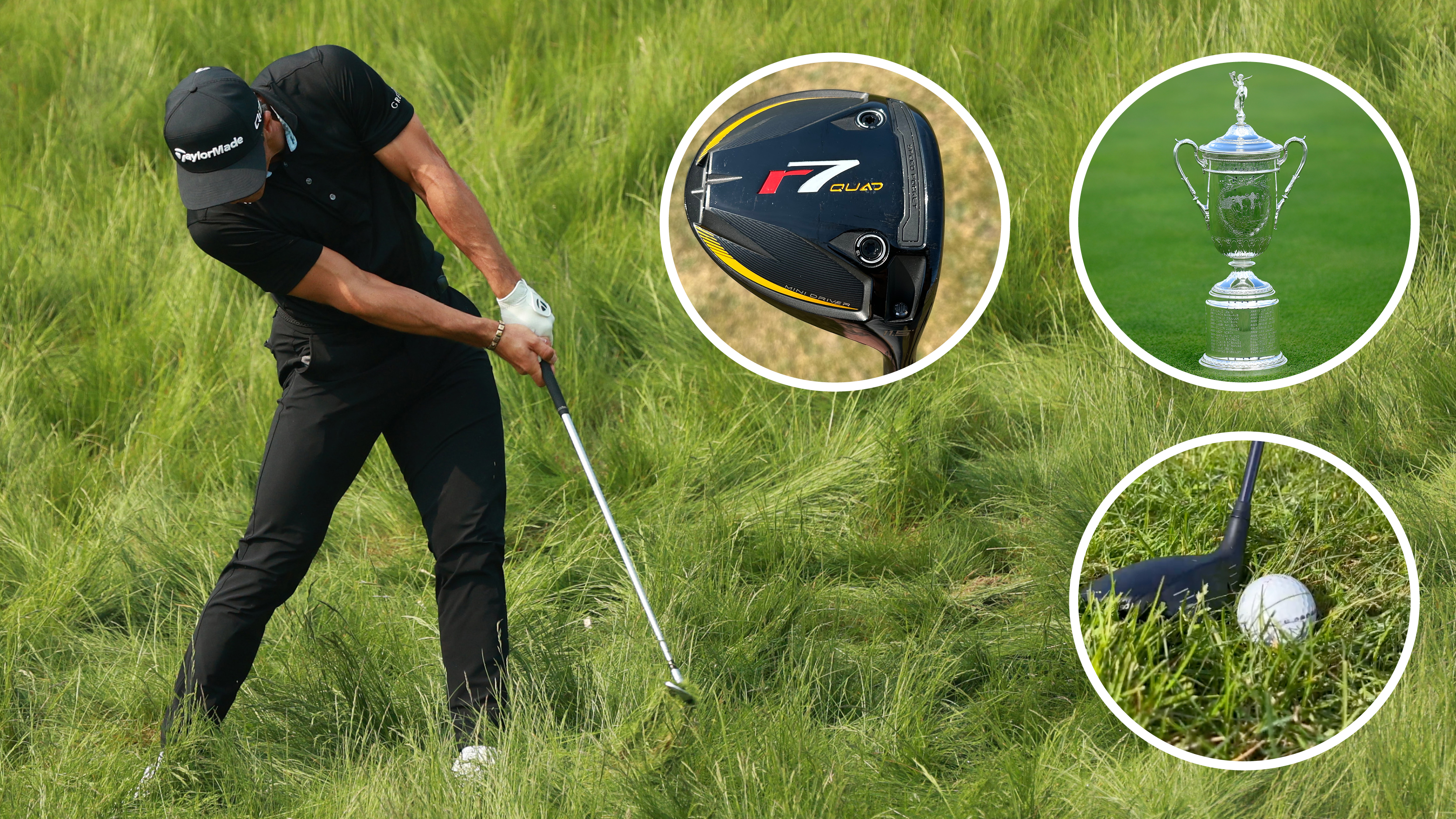
The US Open is widely regarded as the toughest test in golf, and when hosted at a venue like Oakmont, widely regarded as the most challenging of all US Open courses, the requirements for precision and strategy go through the roof.
Players at the US Open will likely already have pretty dialed-in equipment, but the unique demands of the championship, particularly its penal rough and lightning-fast greens, frequently necessitate some last-minute adjustments. Let’s have a look at some of the areas of the bag that players might consider modifying…
A post shared by U.S. Open Championship (@usopengolf)
A photo posted by on
One of the defining characteristics of the US Open is its notoriously thick, unforgiving rough. This isn't just the fluffy stuff you see at your local municipal; it's dense, fertilised, spiral cut, and designed to punish any errant shots as severely as possible. Getting the ball out of this rough, let alone advancing it any significant distance, becomes a Herculean task. To combat this, many of the competitors at Oakmont will consider adding a high-lofted fairway wood – a 7-wood or even a 9-wood – to their bags.
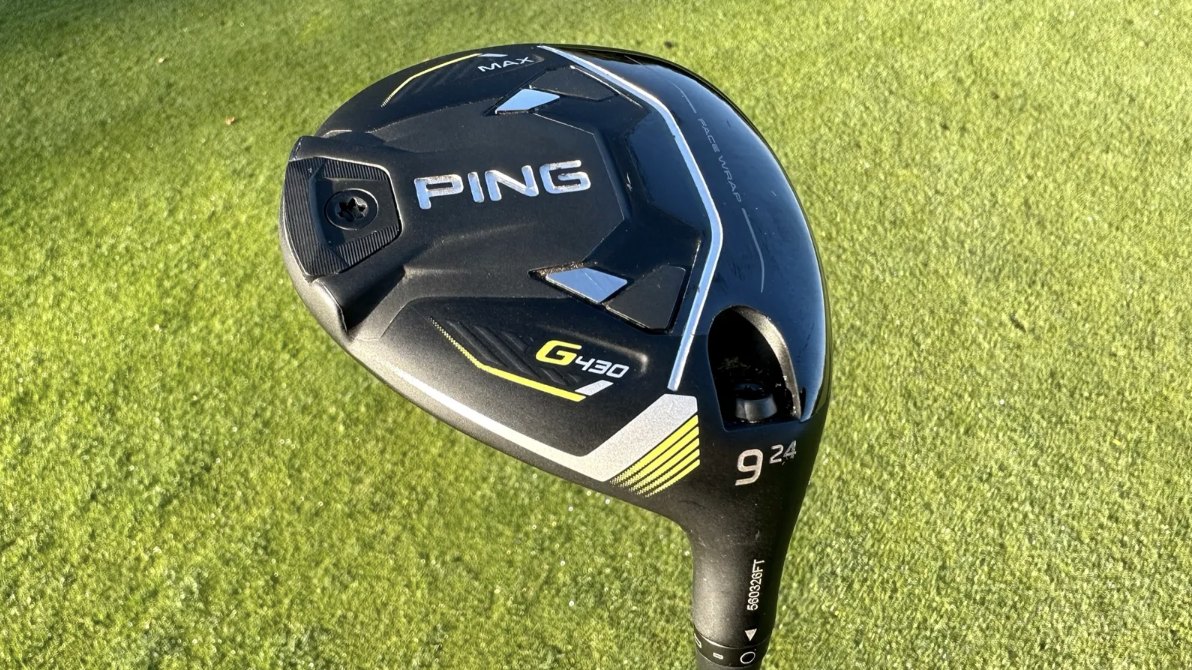
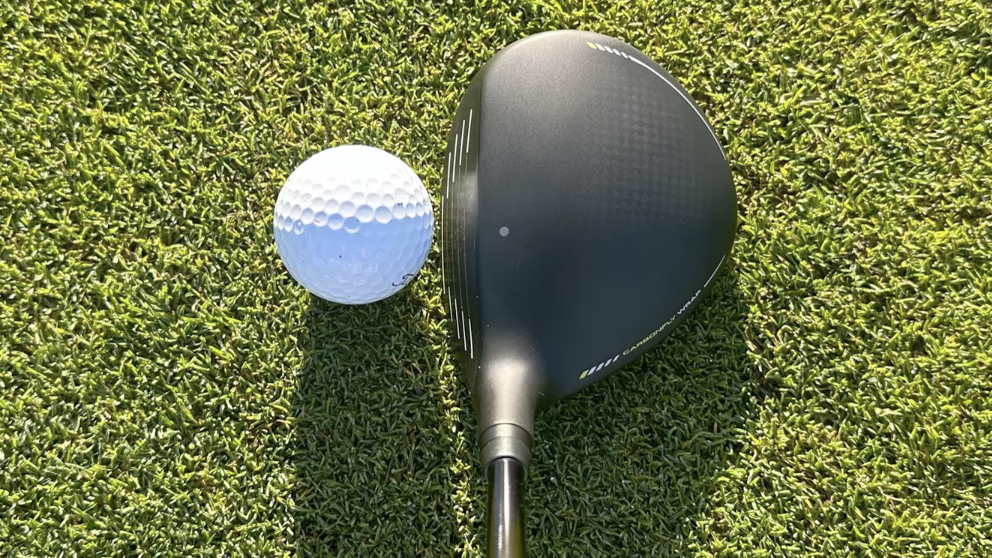
Traditional long irons or even hybrids can struggle to cut through the deep grass, often twisting the clubhead and drastically reducing ball speed. A 7-wood (typically around 21 degrees of loft) or a 9-wood (around 24/25 degrees) provides a lot more surface area to power through the rough that would prove more resistant to a smaller head. In addition to that, they generally launch a good bit higher, allowing the ball to get up and out of the thick grass quicker and with less resistance, resulting in more distance.
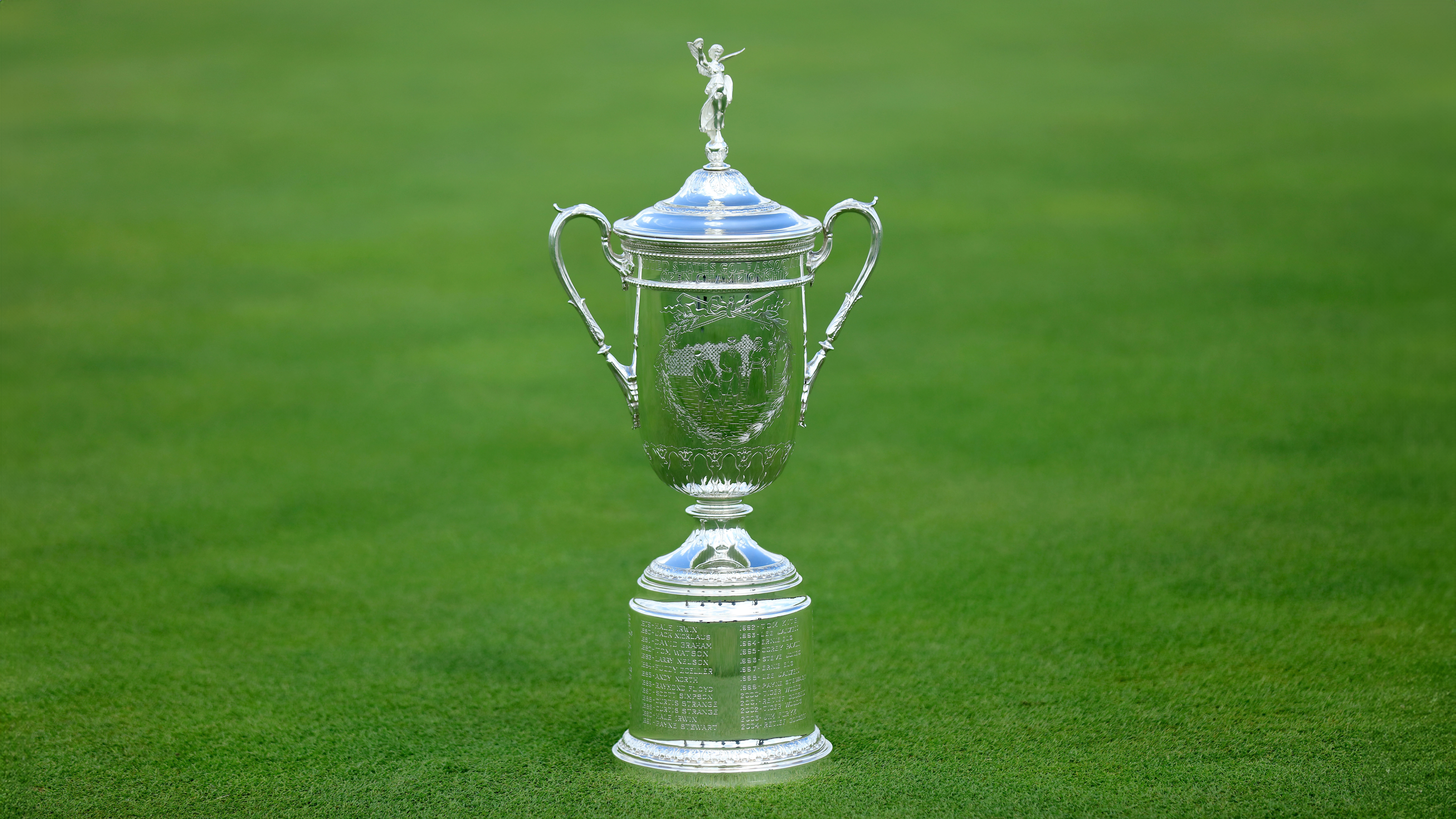
The trophy all the competitors will be hoping to lift come Sunday.
Furthermore, a high lofted fairway wood could also prove advantageous from the fairway as well as the trouble, offering a steeper angle of descent on long approaches, which could be crucial if the USGA decides to get the greens as firm as it sometimes does. Tommy Fleetwood actually refers to his 9-Wood as his “240-yard pitching wedge”, which should give you some ideas of the playing characteristics he sees from the club.

Tommy Fleetwood refers to his 9 wood as a "240 yard pitching wedge".
Another area you might see one or two players making a tweak (Rory McIlroy in particular) is with the driver. While distance is always going to be an asset, at a U.S. Open, accuracy off the tee becomes paramount. Fairways are often narrower than usual, bordered by the aforementioned brutal rough, and a drive even slightly offline can instantly lead to a dropped shot, or worse. Players know this going in, and it can lead to some adjustments in the setup of the big stick - or even the addition of a mini-driver.
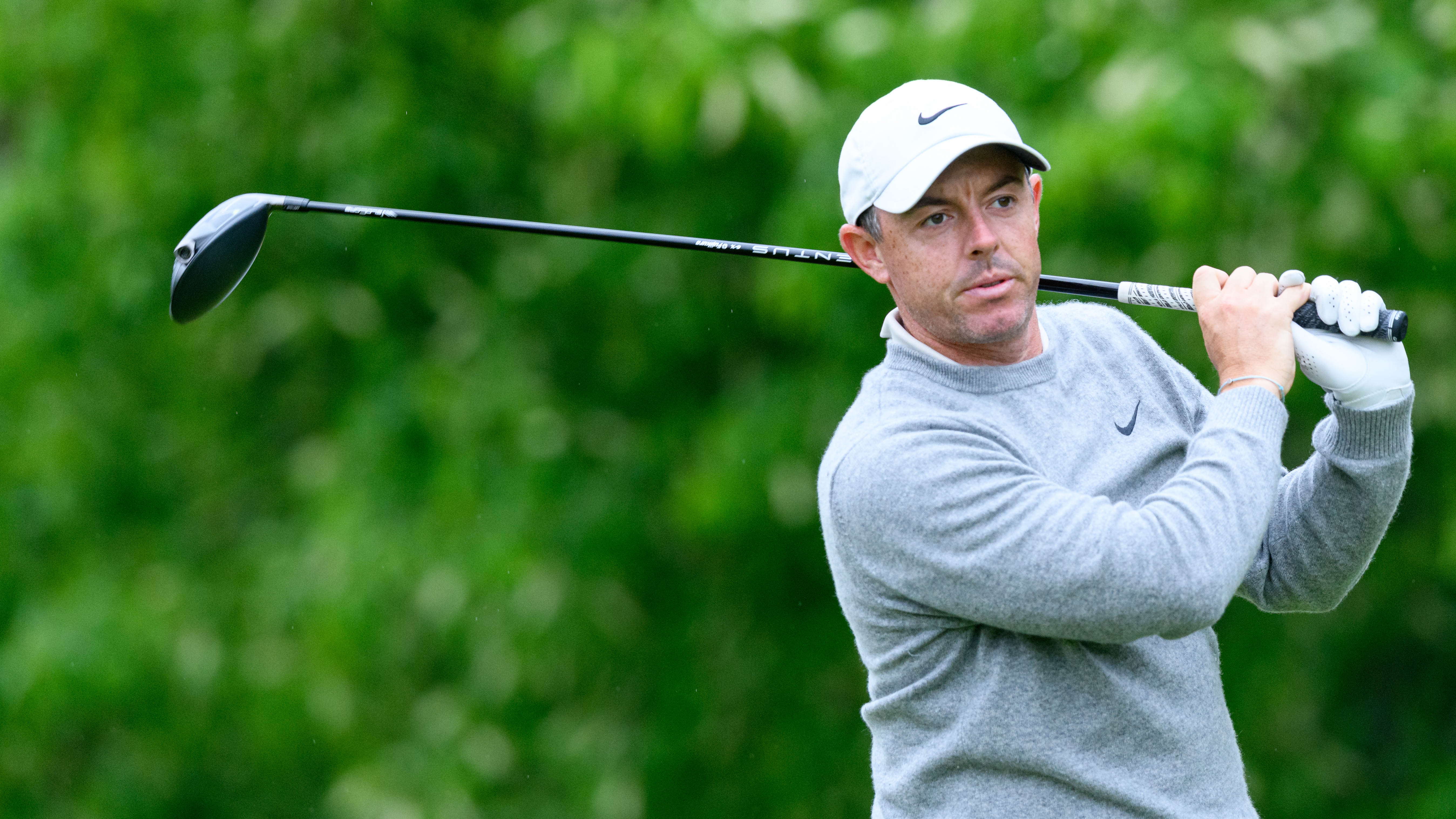
Rory will be desperately hoping to find a driver he is comfortable with before Thursday's opening round.
A perfect example right now is Rory McIlroy, who was testing a shorter 44-inch driver at the Canadian Open last week in the hope that it would “give me more control,” in his words. Now, his hand has been forced somewhat with the driver change when his previous gamer driver failed the USGA driver test prior to the PGA Championship last month, but the decision to try a shorter shaft before the US Open is an interesting one.
Subscribe to the Golf Monthly newsletter to stay up to date with all the latest tour news, equipment news, reviews, head-to-heads and buyer’s guides from our team of experienced experts.
The logic behind this decision is clear: a shorter shaft can help a player find the centre of the clubface more often, and the inevitable loss of club head speed can make miscues less severe. However, it did not help Rory in Canada, who performed poorly off the tee on his way to missing the cut, so it was back to the drawing board on a rare weekend off for the Grand Slam winner, and we await to see what he turns up at Oakmont with.
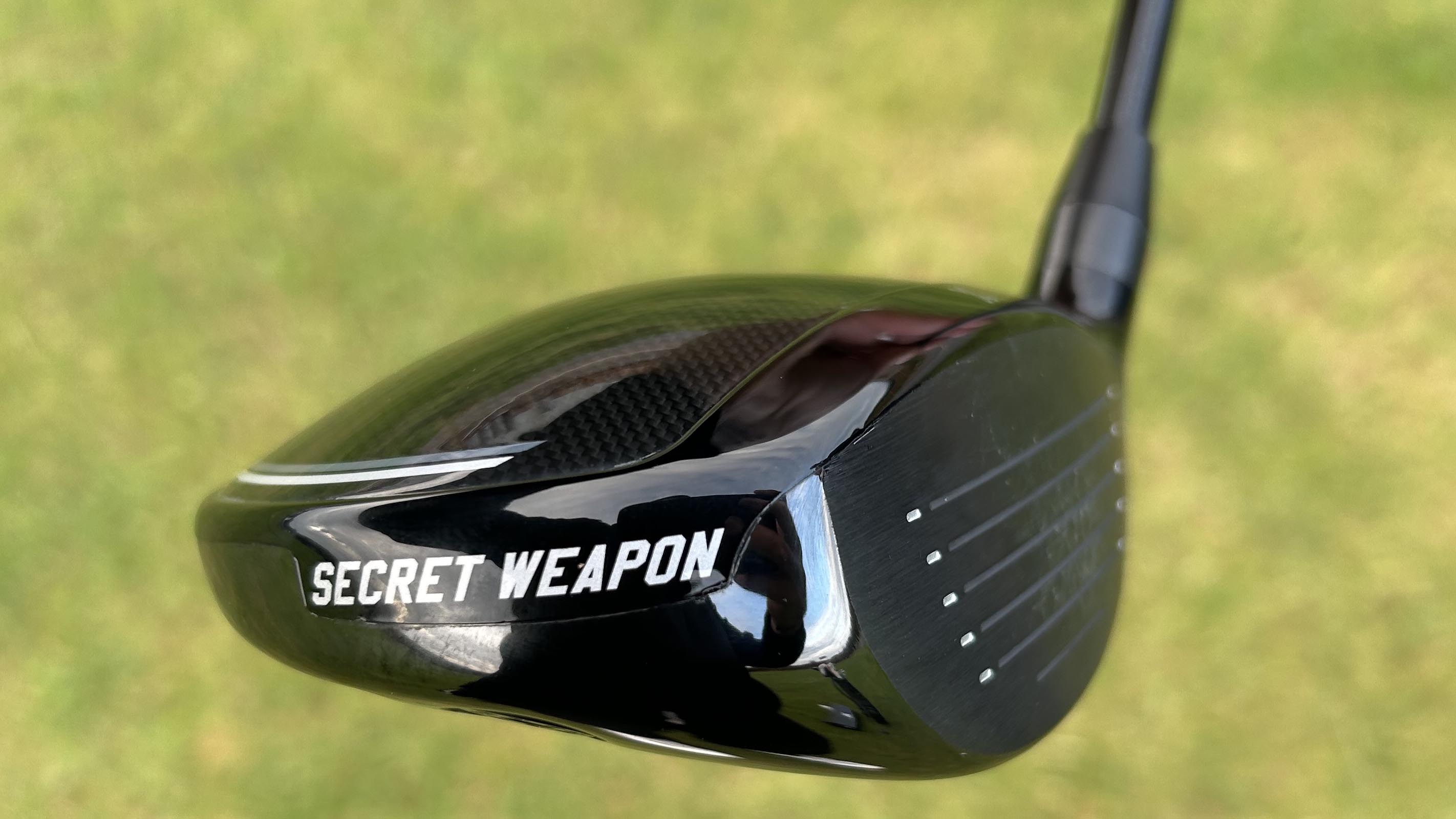
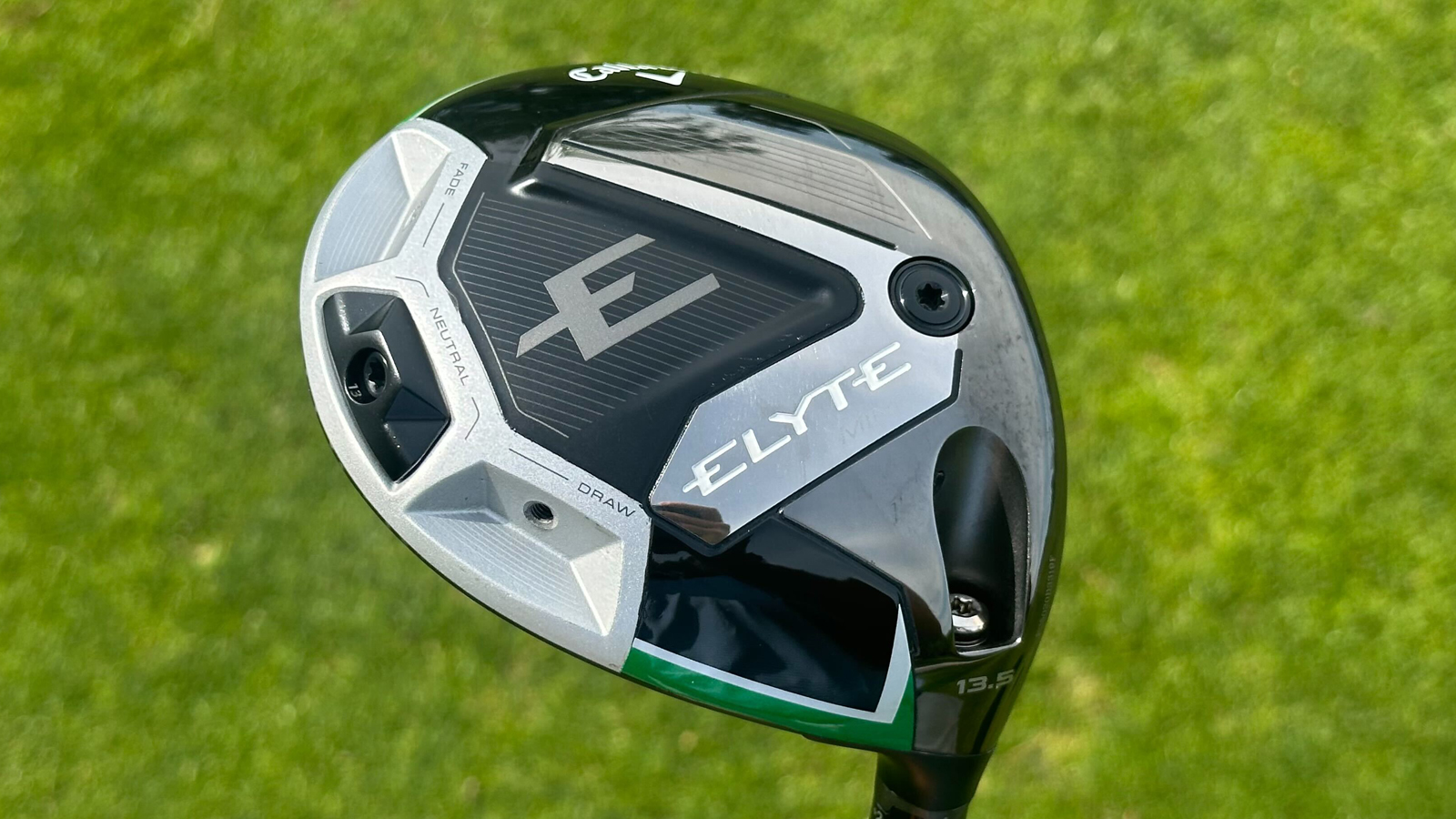
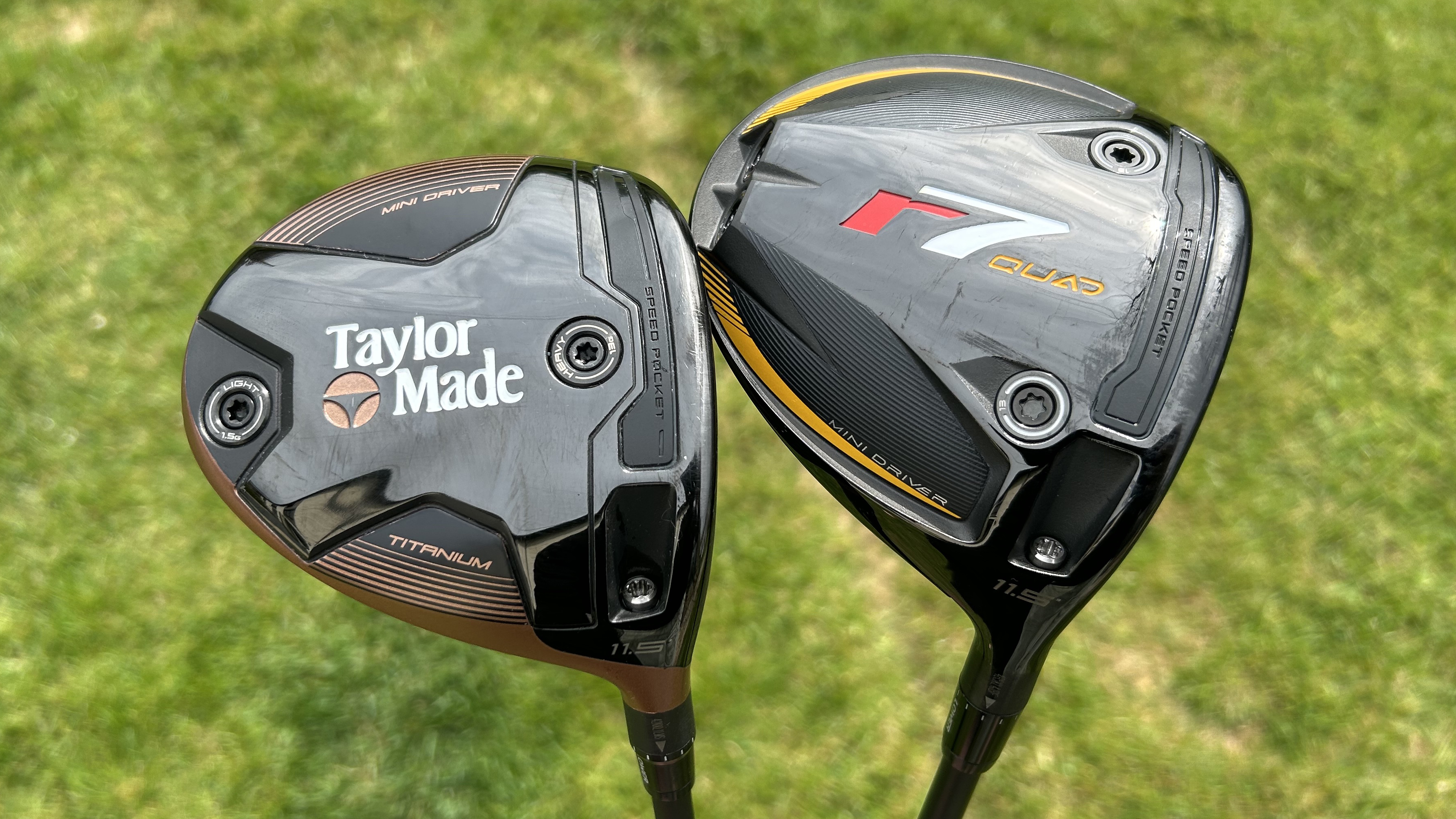
For those not wanting to mess with their standard driver set up, the mini-driver is also a club to keep an eye on this week, and I expect to see models such as the TaylorMade R7 Quad, the PXG Secret Weapon, and the Callaway Elyte mini driver popping up in a few more bags than normal. With shaft lengths of around 43.5 - 44 inches and a lofts between 11.5˚ and 13.5˚, the mini driver offers a touch more control from the tee than a driver and a bit more distance for those reluctant to drop back to their 3-woods.
Finally, no U.S. Open equipment game plan would be complete without considering the short game, especially with the notoriously firm and fast greens the players will be dealing with this week. To stop the ball effectively, especially from awkward lies around the green, players need maximum spin and to give them the best chance of controlling their golf ball.
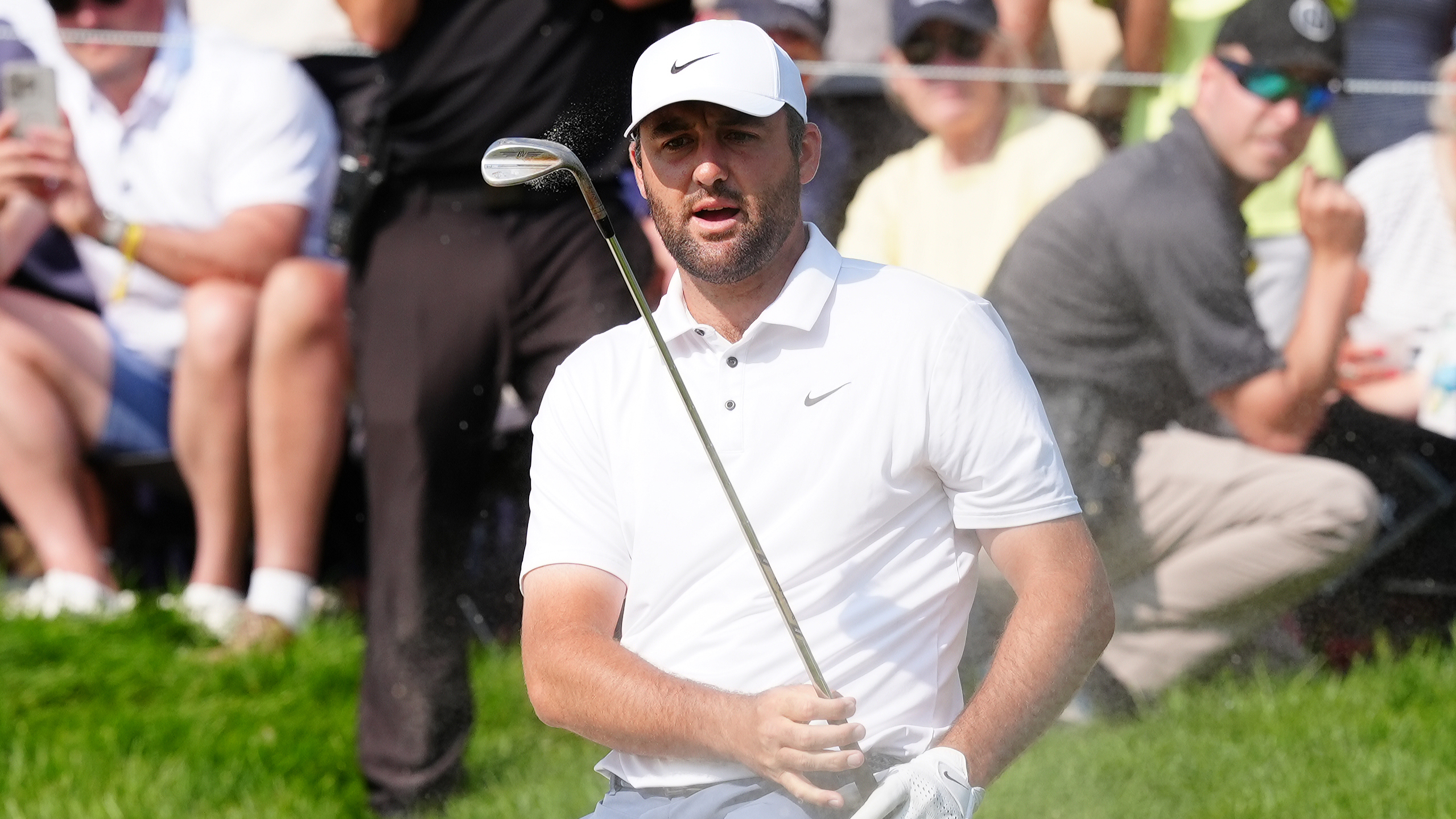
World number one Scottie Scheffler will likely have some fresh grooves in the bag for the Oakmont challenge.
This is why many professionals will opt to put brand-new wedges into play specifically for the U.S. Open week. Fresh grooves will facilitate the highest possible spin rates and, as such, increased stopping power. Even a month-old groove could mean the difference between a ball checking up by the hole for a tap-in birdie and rolling off the back of the green and into bogey territory.
With so much on the line and such an inevitably demanding course set up, the competitors at the 2025 US Open will be looking for every possible advantage at Oakmont.

Joe has worked in the golf industry for nearly 20 years in a variety of roles. After a successful amateur career being involved in England squads at every age group, Joe completed his PGA degree qualification in 2014 as one of the top ten graduates in his training year and subsequently went on to become Head PGA Professional at Ryder Cup venue The Celtic Manor Resort. Equipment has always been a huge passion of Joe’s, and during his time at Celtic Manor, he headed up the National Fitting Centres for both Titleist and Taylormade. He’s excited to bring his knowledge of hardware to Golf Monthly in the form of equipment reviews and buying advice.
Joe lives in North Devon and still plays sporadically on the PGA West region circuit. His best round in recent years came earlier in 2023 where he managed a 9 under par 63 at Trevose GC in a Devon & Cornwall PGA Tournament.
Joe's current What's In The Bag?
Driver: Switch between TaylorMade Qi35 and Callaway Elyte TD - both with Fujikura Ventus Black 6-X
Fairway wood 1: TaylorMade BRNR Copper Mini Driver - Fujikura Ventus Black 7-X
Fairway wood 2: Callaway Apex UW 17˚- Fujikura Ventus Black 9-X
Irons: TaylorMade P7CB 3-PW with Dynamic Gold Tour Issue X100 shafts
Wedges: Callaway Opus 50, 54, and 60 degrees - Project X LS 6.0 shafts
Putter: LAB Golf Oz.1 (zero shaft lean)
Ball: TaylorMade 2024 TP5x
Grips: Golf Pride Tour Velvet 60R
Bag: Vessel Player IV Pro DXR Stand
You must confirm your public display name before commenting
Please logout and then login again, you will then be prompted to enter your display name.